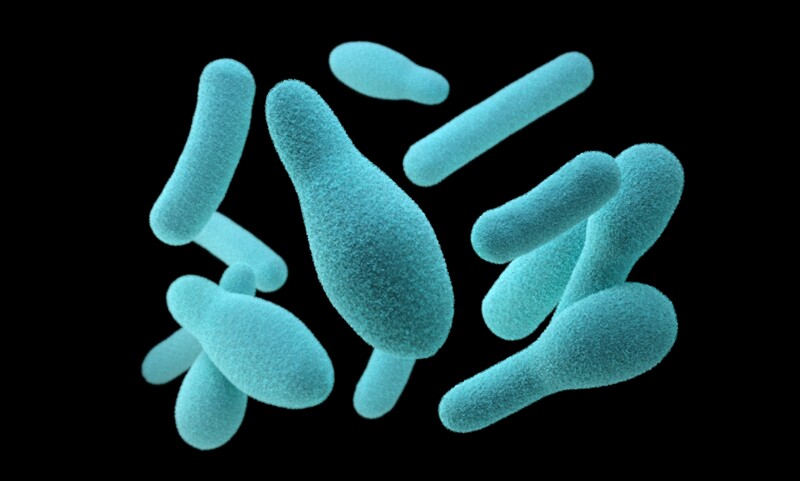The problem: Plastic waste persists because there aren’t many micro-organisms that can break it down — it’s built differently on a molecular level from the organic trash they typically eat.
The solution: Researchers made a plastic containing spores — cell-sized seeds that grow into things like algae, fungi, and some forms of bacteria. Bacillus subtilis is one of the few bacteria that produces spores and has evolved to break down plastic. That combo is key to keeping bacteria from breaking down plastic while it is still being used. Embedded spores only turn into bacteria when conditions are right for survival — say, in the soil of a landfill. As a nice bonus, the spores also made the plastic stronger.
Yes, but: The spores have only been added to thermoplastic polyurethane, a plastic that is used in things like bike tire tubes, shoes, AV cables, and inflatable pool toys. While it is common, that leaves out more day-to-day sources of plastic waste, like bags and packaging.
